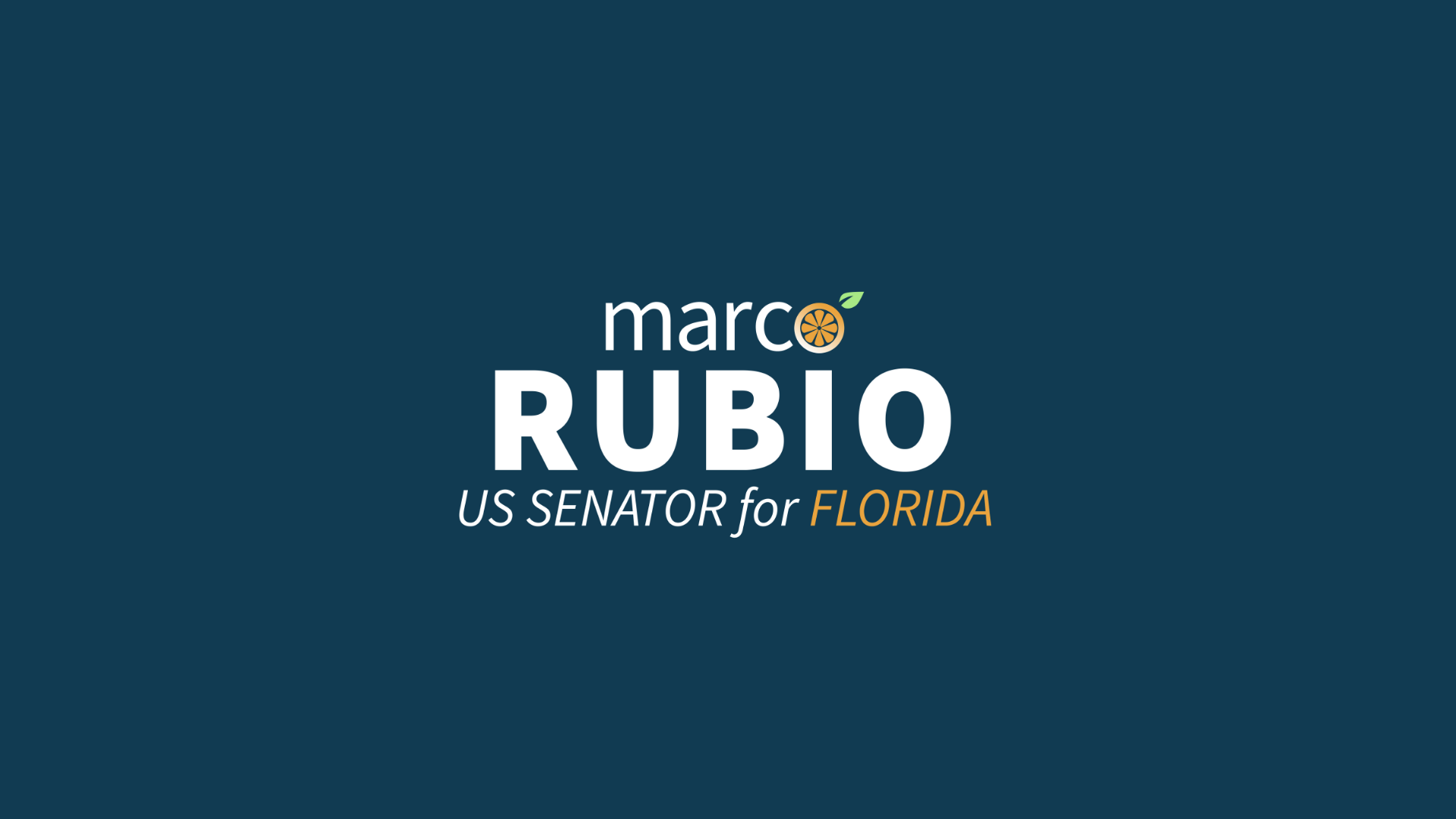Source: United States Senator for Florida Marco Rubio
Washington D.C. — U.S. Senator Marco Rubio (R-FL) joined America’s Newsroom to discuss the latest on Vladimir Putin’s strategy in his invasion of Ukraine and the national security threat China poses to the United States and the globe. See below for highlights and watch the full interview here.
On Putin’s new strategy in Ukraine:
“As far as winning is concerned, I don’t think there is any way Putin achieves a strategic victory here. He’s going to have a strategic loss and now potentially an operational one. What you’re seeing now is they’re not withdrawing, they’re simply regrouping, and then they’re going to focus on his new plan.
“His new plan now is to take Kharkiv, take the Donbas region, probably hold onto some of the coastal cities on the Black Sea, and he’s going to throw all those forces against those limited areas in the hopes of getting a different outcome. He certainly cannot, at this point, take large portions of Ukraine. They can’t do it. They don’t have enough people to do it.”
On the threat of the Chinese Communist Party:
“Everybody around here now says we recognize that China is the generational threat. That is the challenge before us that will define the 21st century. One of the problems we have is [that] they spy at our universities, they steal technologies, secrets, trade secrets, and research — everything else we do.
“We had this China Initiative under former President Trump to go after that espionage. Now it’s been canceled. It’s been canceled because a bunch of people out there started arguing it was xenophobic and ignoring the fact that, for example, a significant percentage of the people investigated and caught up in the China Initiative aren’t Chinese-Americans. They’re Americans who are getting paid or getting other benefits to turn over their research to China. So they’ve canceled that initiative.
“Likewise, you talk about on the one hand all these things we need to do to create independence from China but on the other you have this Green New Deal proposal. Meanwhile, China is ramping up coal production. They’re not only ramping up coal production in their own county, but they’re funding all kinds of coal-fired plants all over the world. They don’t have time for any Green New Deal.
“Here we are begging for their solar panels, the batteries they make, and all that so we can destroy our economy, while they continue to build theirs at our expense.”
On America’s reliance on China and the need to strengthen domestic production:
“Corporations are in the business of making money. That’s what they do, it’s the only way they can survive. Nowadays, they increasingly make their money in ways harmful to the U.S. national interest.
“That’s why you have major corporations up here lobbying on behalf of things that China wants or against things China opposes — because they want their market share. They don’t want to get kicked out of China. It represents a significant percentage of their market share. It spans the spectrum from Hollywood, to the NBA, and to major name brands like Apple, Nike, and so on.
“These companies make [these] decisions because they want to make money in China. The problem is some of these policies they’re opposing or supporting, depending on where China is on them, are bad for America.
“It’s not good for America to have 80 percent of our active ingredients in our pharmaceuticals to be made in China. It’s not good for America to depend on other countries for semiconductors and the rare minerals we need for our technology. It may be good for those corporations, but it’s not good for America. We need an alternative to that.”
On addressing the threat posed by China:
“The key is continuing to create pressure. This is a long-term challenge, not just a three-year challenge. Part of it is changing the culture in Washington, D.C. Not just saying that China is a threat but changing the way we address it. We can’t address this new challenge using the policies of the past.”
